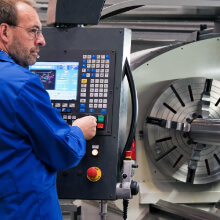Who needs a PPAP?
The Production Part Approval Process (PPAP) is used by OEM’s and other large organisations to manage and control the risk that component suppliers may be unable to meet their expectations. This is an important part or their risk management strategy and helps to satisfy the ISO 9001 / IATF 16949 requirement that:-
“The organisation will ensure that purchased product conforms to the specified purchase requirements – and will select suppliers based on their ability to meet the organisations requirements”
The Production Part Approval Process used in the automotive industry, requires suppliers to provide their commercial clients with evidence that –
- They have understood their client’s requirements
- The product design satisfies those requirements
- The production process is capable of consistently producing product conforming with the design intent
PPAP approval is normally required before new or modified components can be used in volume production.
Failure to achieve and maintain PPAP approval may have serious consequences for the supplier and the their customer , delaying product launch or disrupting production schedules.
Component development plans must therefore address the client’s PPAP requirements, collating the evidence generated throughout the Advanced Quality Planning Process – from concept design through to product and process validation.
How you can achieve PPAP Approval
PPAP is an important part of the product development process, allowing OEM’s to evaluate the components and sub-systems which they receive from suppliers, and establishing confidence in the supplier’s management systems. Although individual vehicle manufacturers have their own customer specific requirements, the Automotive Industry Action Group (IAAG) has developed a common PPAP standard as part of the Advanced Product Quality Planning Process (APQP) – encouraging the use of common terminology and standard forms to document component status.
The PPAP process is designed to demonstrate that component suppliershave developed their design and production process to meet the client’s requirements, As suppliers are expected to use Advanced Product Quality Planning APQP to reduce the risk of failure, requests for part approval may be supported by:-
- Sample Parts
- Documentary evidence from the APQP development process.
- Evidence of satisfactory design and process validation
The evidence may be collated as the project progresses from concept through to production, reducing the administrative burden and overheads associated with the approval process. However, the supplier must demonstrate that they have responded to changing customer requirements, and that records are up to date.
Failure to follow the the APQP development process, or poor record keeping exposed during the PPAP process will undermine confidence in the quality of the components supplied and supplier’s management systems.
PPAP Training and Support
Stunell Technology provides training and support for companies implementing APQP and PPAP, and delivers in house courses on request.
For assistance, training or support to implement PPAP in your organisation please call +44 (0)1772 452240, or contact Phil Stunell now.





